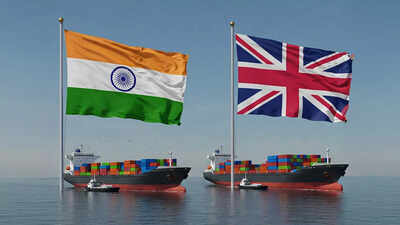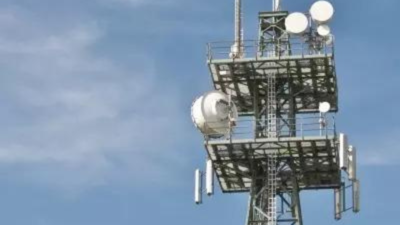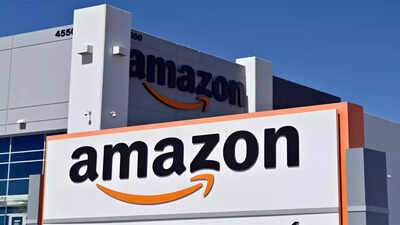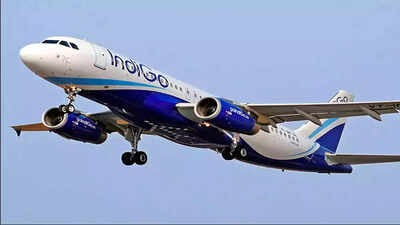India-UK trade deal: Why the new FTA in the series of bilateral FTAs is a joint success of trade & foreign policy

By Himanshu TewariThe recent announcement of India UK FTA is new in the series of bilateral FTAsnegotiated in the recent past – starting with Australia, followed by UAE and EFTA countries (Norway, Switzerland, Liechtenstein, Iceland). It demonstrates a very deliberate and sure-footed approach of expanding India’s FTA footprint for gaining market access for goods of Indian origin and opening new avenues of growth and international cooperation.It’s the joint success story of India’s Trade &Foreign Policy.Successful negotiation of the FTA with the UK – till most recently being part of the EU, also bodes well for the progress that India will be able to make with EU FTA negotiations which have been waiting for a decisive push after the past thirteen years of negotiations. India EU FTA has been held back on issues like unconditional market access to European luxury car manufacturers at concessional rate of duty, better access to alco-beverage sector and need for data secure status for India.As is evident from the PIB press release issued on May 6, some of the long standing, contentious issues, which have been holding back the India EU negotiations have been successfully addressed in the India UK FTA. Illustratively progressive reduction in duty rates on import of completely built-up cars from the UK over a period of ten years, subject to the upper limit on the number of cars that can be imported in a year.This quota-based access to luxury or fully built up cars under the FTA is a unique solution which balances out the opposite policy pull of granting market access but without adversely impacting the domestic industry. Simultaneous reduction in duty on cars and implementing annual limits to complete built-up cars is a balanced solution.We have seen this position playing out even in case of reduction in basic customs duty rate on import of superbikes about 1600 cc of engine capacity, or in case of EV policy allowing access to a certain number of complete built up EVs subject to an investment commitment.Also, reduction in duty rates on import of whiskey was another long-standing issue which seems to be resolved not only under India UK FTA but also when India unilaterally announced reduction in the duty rate on Bourbon whiskey of US origin.All these developments are a good omen for a positive outcome in India EU FTA. EU is India’s second largest trading partner and FTA with EU would be a powerful foreign policy win for the government.The initial sound bites on the impact of India UK FTA are very encouraging but fine prints of the agreement are yet to be analyzed. Open questions are how many cars are to be allowed to be imported annually; how will the origin of such cars be established; how would the licensing and control be put in place; whether DGFT will be the nodal agency for granting and monitoring of annual quota; whether the quota will be issued on the name of company.There are many such questions which would require an answer.This newfound flexibility and decisiveness demonstrated by the government in finding win-win solutions to long pending issues is a welcome development which would open the doors of fresh economic activity which could continue to drive growth in GDP and better relationships with partner countries. And the timing of the India UK FTA can’t be better when India is also expecting to close the bilateral trade discussions with the US government.Signing of a series of new FTAs underline the success of India’s foreign policy andtrade policy working together.(The author is Himanshu Tewari, Partner, Trade and Customs, KPMG in India)





